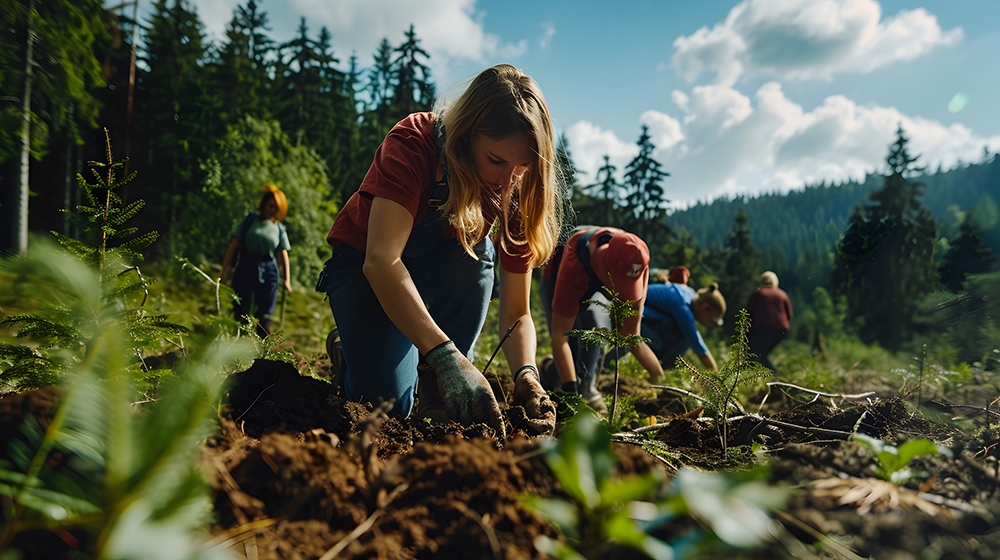Responsible governance refers to the principles, practices, and processes employed by governing bodies or institutions to ensure ethical, transparent, and accountable decision-making and management of resources. It involves a commitment to serving the best interests of the stakeholders, which may include citizens, employees, shareholders, and the broader community.
Land use refers to the total of arrangements, activities, and inputs that people undertake in a certain land cover type. Examples of land use types are forestry, agroforestry, cropland, rangeland/grassland, and peri-urban land.
Finally, climate change refers to a change in the state of the climate that can be identified by changes in the mean and / or the variability of its properties, and that persists for an extended period, typically decades or longer.
The integration of responsible governance, land use and climate change research into the UNIgreen Alliance, aims at creating an interdisciplinary environment where scientists from different disciplines can work together towards the same goal: the generation of knowledge and data to inform effective practices for the responsible governance of land, ultimately contributing to the global efforts for mitigating and adapting to climate change.
Research Topics
- Climate change
- Ecological restoration
- Biodiversity
- Nature-based solutions
- Plant-herbivore interactions
- Soil microbiology and biogeochemistry
- Biocrust
- Dust emissions
- Indicators of soil health
- Greenhouse gas fluxes
- Remediation
- Drainage-irrigation
- Ecohydrology
- Land-water interactions
- Water management
JRC 8 Coordinator : Alejandro Salazar Villegas (Agricultural University of Iceland)

